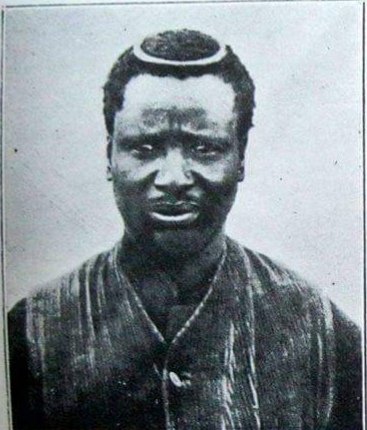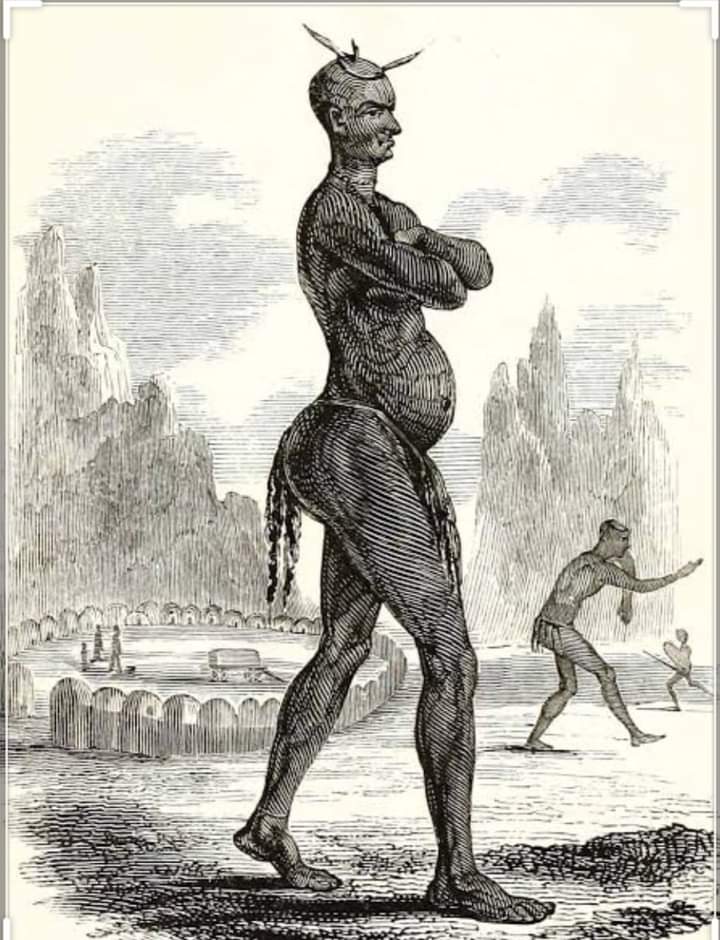
1. LOVE, SEX & BETRAYALS : THE STORY OF CHIEF GAMPU SITHOLE 🇿🇼
Umnxeba...🏮
Gampu Sithole, was the son of Maqhekeni who was chief of Amagogo within Igabha section of the Ndebele State. Maqhekeni ruled from a village called Ndikimbela in present day Nata Reserve.
Umnxeba...🏮
Gampu Sithole, was the son of Maqhekeni who was chief of Amagogo within Igabha section of the Ndebele State. Maqhekeni ruled from a village called Ndikimbela in present day Nata Reserve.

2. Maqhekeni who was Mzilikazi's trusted warrior was a twin with Ngqephu who later became chief of the regiment called Amatshovu. That chieftainship is today traceable to Bakwayi Sithole whose area of jurisdiction is in Matobo District, near Kezi. 

3. Gampu Sithole was, by all accounts, one of the most powerful Ndebele chiefs before the fall of the Ndebele state in the Anglo-Ndebele war in 1893, where he commanded Amagogo regiment to fight against the British. He was a close friend and confidante of King Lobhengula. 

4. Despite being close to the King Gampu Sithole, had a scandalous and controversial political career that caused clashes between him and the king. Gampu succeeded his father Maqhekeni as chief, after his death.
5. Gampu is remembered from one of our threads for disrupting the royal wedding designed to forge relations between the Ndebele state and the Soshangane kingdom in 1887.
6. During his reign, King Lobhengula, he sought to strengthen ties with the Gasa/Shangani kingdom. To do so, King Lobhengula married Princess Xhwalile Nxumalo the daughter of King Mzila of the Gasa kingdom. 

7. In return King Lobhengula offered his most beautiful daughter Princess Sixubhuzelo to King Mzila . However, before the princess could be delivered to the Gasa monarch, Gampu Sithole who had already impregnated Sixubhuzelo, eloped with her to the Transvaal. 

8. After a few seasons when the king's anger had subsided Sithole returned & reconciled with the king. His chieftaincy status was restored & his marriage to Sixubhuzelo was formalised. 

9. However, after the storm of his sex scandal with Princess Sixubhuzelo had settled , Sithole was at it again. He started philandering, within sacred royal chambers, this time targeting royal wives. 

10. Gampu was embroiled in a sex scandal involving two of King Lobhengula's queens. It is believed that one of the queens was executed, as a result of the sex scandal which was dealt with under hushed circumstances to avoid embarrassing the king. 

11. Luckily, before a verdict could be passed on Gampu by the royal council, which was likely to be death, Matabeleland was invaded by the Pioneer column. Gampu quickly saw on opportunity to form an alliance with the British after a failed offensive against them. 

12. After the fall of the Ndebele state Gampu then worked closely with the British. Gampu sided with the British in the 1896 uprisings. After the peace settlement between the Ndebele and the British, Gampu was heavily rewarded for his loyalty & assistance to the British. 

13. Gampu was rewarded with a lot of cattle and was the first salaried chief under British rule. Two of his sons were sent to study at Thekwane Mission. The Ndebele never forgave Gampu for his betrayal.Gampu died in a case of suspected revenge poisoning by Ndebele conservatives. 

• • •
Missing some Tweet in this thread? You can try to
force a refresh

















